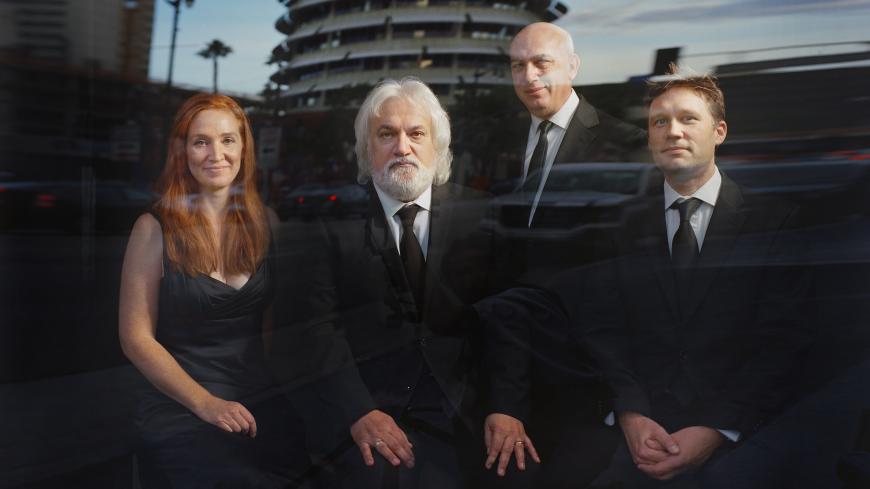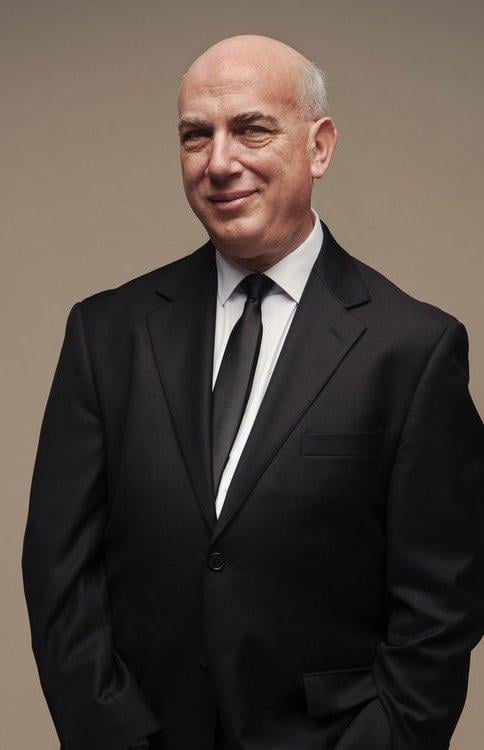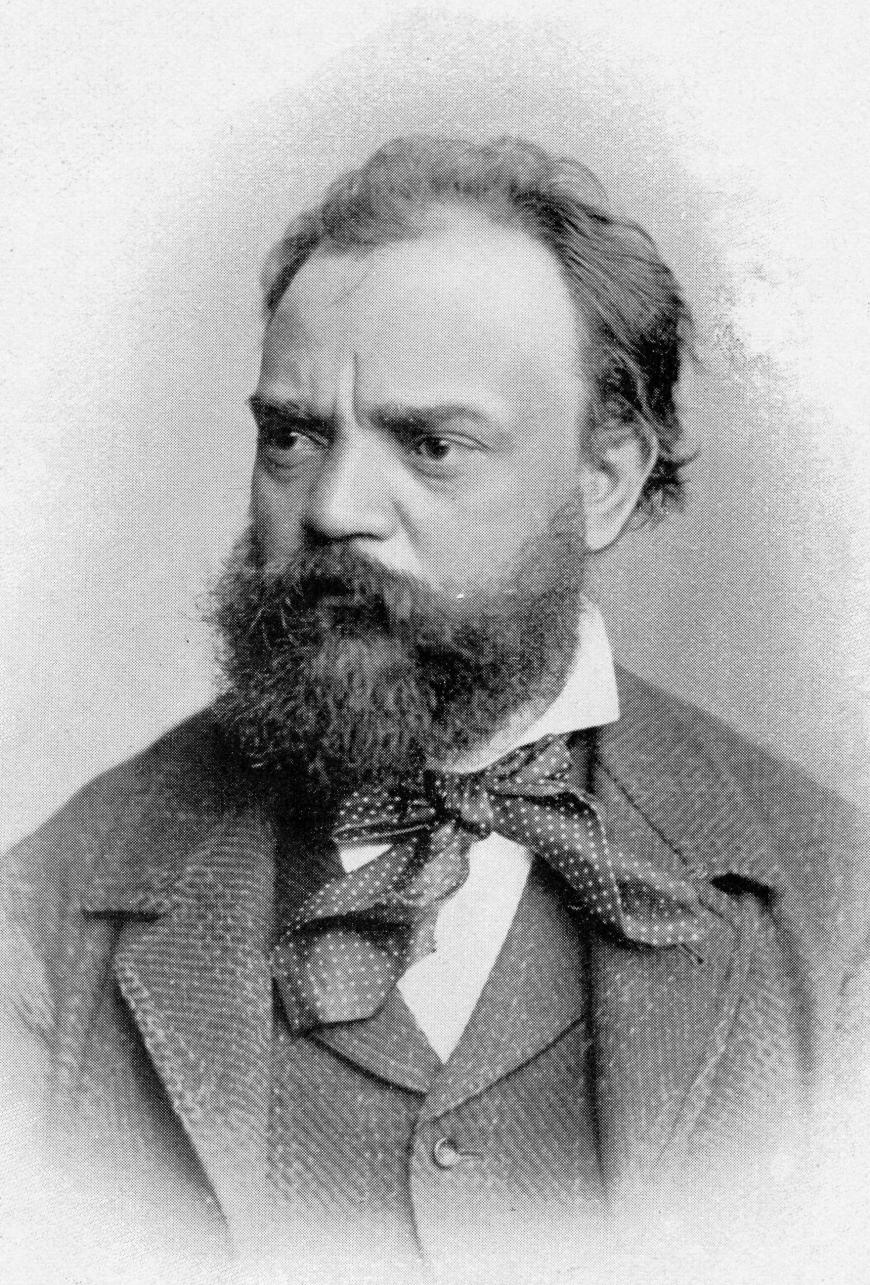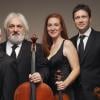
Looking back, if you had to pick a year to start a new concert series, you probably wouldn’t choose 2019. Kicking off an annual event at that point would mean canceling your second season amid the COVID-19 pandemic. What were the chances that your fledgling audience would come back after a year or two off?
Pretty good, as it turns out. At least, that’s true for the New Hollywood String Quartet (NHSQ). Not only did the ensemble attract enthusiastic patrons to its Summer of Brahms festival in 2019 — the group managed to keep drawing in chamber music devotees once concerts ultimately resumed post-shutdown.
Subsequent festivals in 2022 and 2023 focused on Beethoven and French impressionists, respectively. This year’s event, which takes place June 27–30 at the Doheny Mansion in Los Angeles, features music by Bohemian masters, including Antonín Dvořák, Leoš Janáček, and Bedřich Smetana.
“In 2019, everyone was telling us, ‘This is a huge undertaking. Maybe you should wait a year,’” recalled NHSQ second violinist Rafael Rishik. “We said no and just went for it.”

So how did the ensemble maintain contact with its fans during the year and a half it wasn’t performing? “We videotaped the Brahms concerts and sent various [selections to our patrons] during the pandemic,” Rishik said. “A lot of people really loved it. They were going stir-crazy. It was a good way to stay in touch.”
Rishik and his colleagues — first violinist Tereza Stanislav, violist Robert Brophy, and cellist Andrew Shulman — had one other thing going for them: the structured focus of their summer seasons. “People like the idea of focusing on a particular composer or group of composers,” Rishik noted.
Indeed, a number of arts organizations, struggling with how to entice audiences back to theaters and concert halls, have found that focused festivals are bigger draws than one-off programs. For some patrons, a chance to delve into one style or era of music seems more special — and more worth getting off the couch to attend — than yet another recital.
This year’s festival, Summer of Bohemia, is a bit wider in scope, incorporating the work of six composers. “They all use the language of Czech folk song,” Rishik noted, “but they’re very sophisticated harmonically — especially Janáček. We’re playing Janáček’s First String Quartet, ‘The Kreutzer Sonata,’ a phenomenal work he wrote in nine days in 1923.
“It contains quotes all over the place that reflect the music he grew up with. It’s just not as obvious as Dvořák. It’s a little bit like [Béla] Bartók, who used a lot of Hungarian folk music but not in obvious ways. It can be a rhythm, an echo, a homage.”
Dvořák, of course, figures heavily in this year’s programming. “Each of us chose certain works we really love,” Rishik said. “Tereza Stanislav is Czech. She really loves the Janáček Sonata for Violin and Piano, so that got scheduled for the first concert, along with Dvořák’s ‘American’ Quartet. Andrew Shulman really loves Dvořák’s ‘Dumky’ Trio. We try to be democratic and accommodate everybody in the group.”
As for Rishik? “I’ve always loved the Dvořák Piano Quartet No. 2 in E-flat Major, but I’ve never had a chance to play it. This seemed like the perfect opportunity.”

Rishik argues that Dvořák and Smetana — whose intense, autobiographical First String Quartet (“From My Life”) is on the June 29 program — were more compositionally adventurous than they are usually given credit for. “They used folk melodies to disguise the fact [that] they were really pushing the harmonic envelope of their day,” Rishik said. “Dvořák was experimenting a lot with harmonies and rhythms. He paved the way for a lot of people.”
The NHSQ, which is presenting the festival in association with The Da Camera Society, has invited an impressive array of guest artists this year, including Los Angeles Philharmonic principal clarinet Boris Allakhverdyan, pianist Rohan De Silva, and Los Angeles Chamber Orchestra concertmaster Margaret Batjer.
All concerts are just south of downtown Los Angeles at the Doheny Mansion, which was built in 1899. “We play in the Pompeian Room, which is beautiful; it has pillars and a crystal dome that light pours through,” Rishik said. “Our audiences sit not only in that rotunda but also in the living room, this massive entrance area. As the sound goes out there, it gets even better somehow.
“If you want to focus on the music, you can be in the rotunda; if you want to be more relaxed about it, you can sit on couches or chairs. It’s a beautiful setting. It seats about 125 people. It’s incredibly intimate. We get to talk to everyone afterward. It’s like a salon.”
Next year’s festival is not yet set, but a focus on Franz Schubert — originally planned for the pandemic and then shelved — is quite possible.
“Another thing we want to do as we move forward is perform the discography of the original Hollywood String Quartet, which is quite amazing,” Rishik said. That ambitious ensemble, which was active throughout the 1950s, recorded — among many other things — an album with Frank Sinatra. “I’d like to play everything they recorded,” Rishik said.
That would be an ambitious undertaking, but one the violinist relishes. “We make our living here in Los Angeles [with] film and television recordings,” he noted. “To me, any opportunity to play chamber music is like going to Disneyland.”


